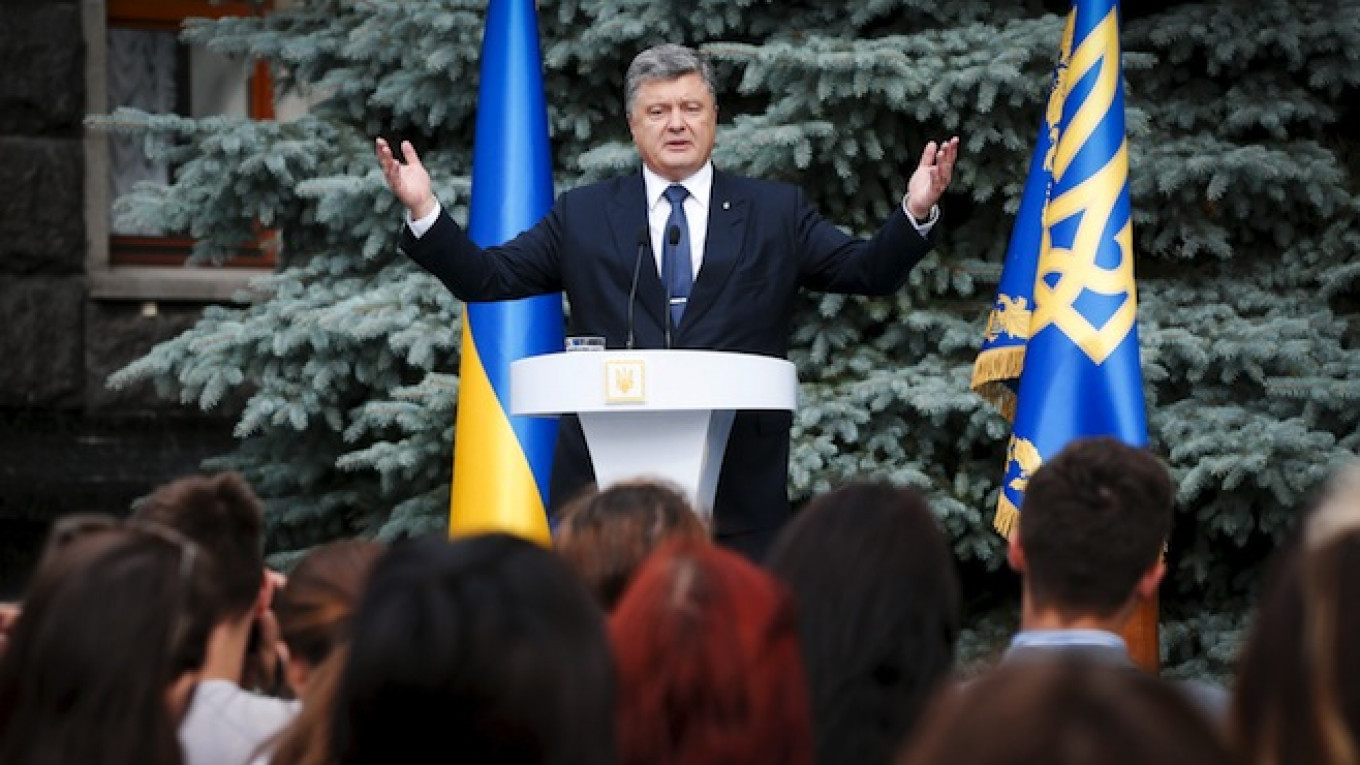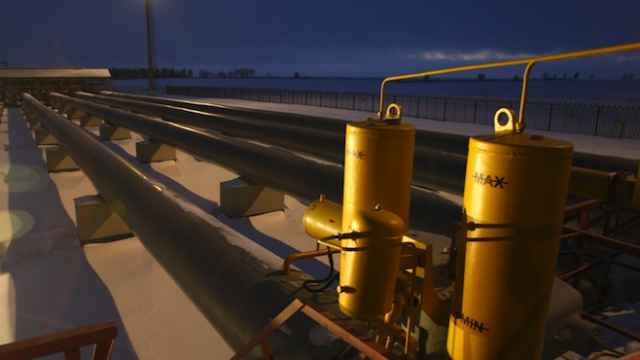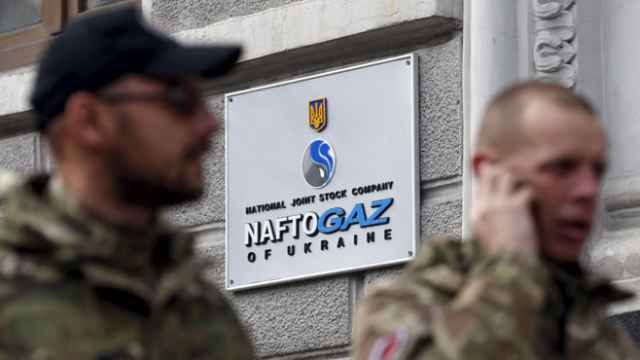MOSCOW/KIEV — Russia expressed "deep concern" on Thursday over Ukraine's plans to decentralize power as part of a peace deal with separatist rebels, underlining the gulf between Moscow and Kiev as the conflict rumbles on despite a ceasefire.
Differing interpretations of a February peace agreement signed in Minsk, Belarus, to end the fighting in Ukraine's eastern regions have left the conflict in limbo, with more than 6,500 people killed since it broke out in April last year.
Adding to the tensions, negotiations broke down in Vienna this week over Russian gas supplies to Ukraine, leading to imports being halted at the border between the two ex-Soviet countries.
Ukraine and the West accuse Moscow of arming and supporting pro-Russian rebels fighting government troops. Moscow denies the charges.
Ukrainian President Petro Poroshenko on Wednesday presented a blueprint to give Ukraine's regions more powers and control over their budgets, one of 13 points in the Minsk deal that would allow the rebel-controlled regions a degree of self-governance.
He said the moves would amount to a "vaccination" against federalization, which Kiev says would give the separatist-minded regions too much independence and allow them to block Ukraine's shift towards joining the European mainstream.
Moscow has said it favors much more autonomy for the self-proclaimed people's republics of Donetsk and Luhansk, collectively known as the Donbass, although they should remain part of Ukraine.
Voicing Russia's concern, Kremlin spokesman Dmitry Peskov told reporters: "The preparation of such laws without taking into consideration the opinions of the representatives of the Donbass can hardly be seen as the fulfillment of the Minsk agreements."
Poroshenko pointedly described the Ukrainian plan as an alternative to "despotism."
"Finally, decentralization will become another civilizational difference from our post-Soviet neighbors," he told reporters. "True self-government is impossible in an authoritarian state. Despotism admits neither independence of communities, nor freedom of its citizens."
Alexander Zakharchenko, self-appointed head of the Donetsk region, complained he and his Luhansk counterpart Igor Plotnitsky had not been consulted over the changes.
"Neither I, nor my colleague Plotnitsky, gave agreement to Poroshenko's proposed conception of constitutional reform," he told the DAN rebel news agency.
Donetsk has called a local election for Oct. 18, a week before the rest of Ukraine, a move that would be "destructive," Poroshenko was quoted by Interfax-Ukraine news agency as saying.
A Message from The Moscow Times:
Dear readers,
We are facing unprecedented challenges. Russia's Prosecutor General's Office has designated The Moscow Times as an "undesirable" organization, criminalizing our work and putting our staff at risk of prosecution. This follows our earlier unjust labeling as a "foreign agent."
These actions are direct attempts to silence independent journalism in Russia. The authorities claim our work "discredits the decisions of the Russian leadership." We see things differently: we strive to provide accurate, unbiased reporting on Russia.
We, the journalists of The Moscow Times, refuse to be silenced. But to continue our work, we need your help.
Your support, no matter how small, makes a world of difference. If you can, please support us monthly starting from just $2. It's quick to set up, and every contribution makes a significant impact.
By supporting The Moscow Times, you're defending open, independent journalism in the face of repression. Thank you for standing with us.
Remind me later.






